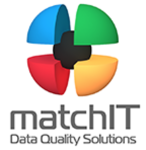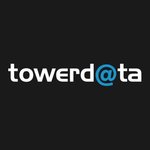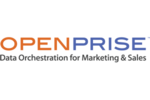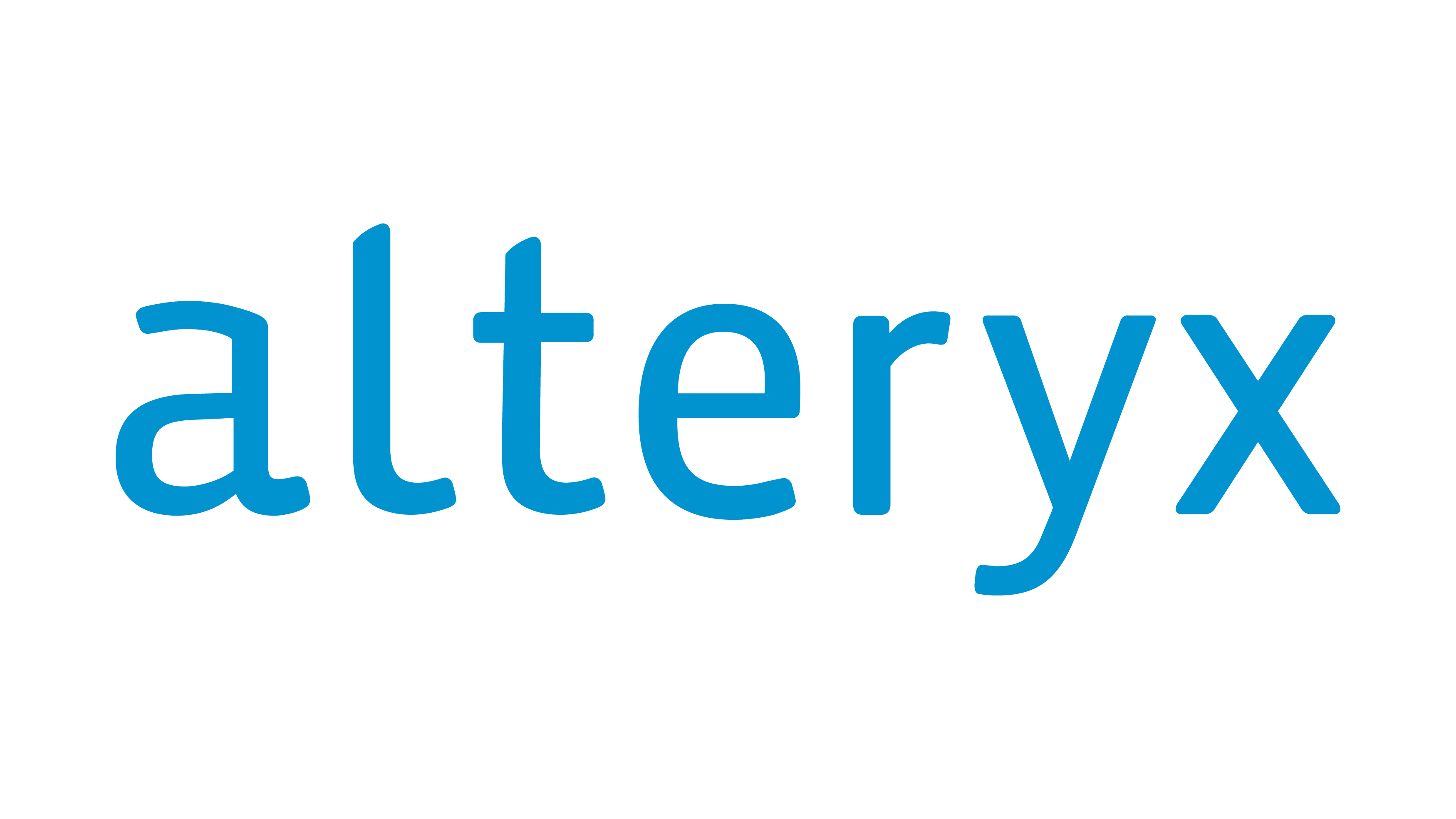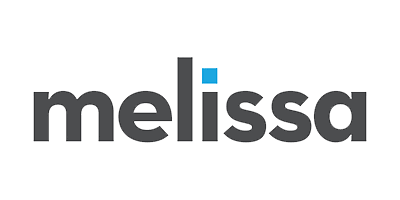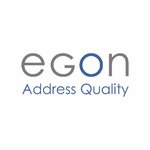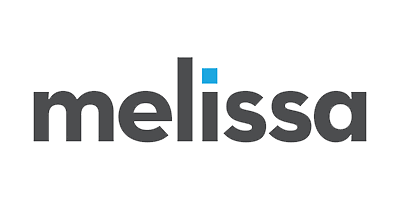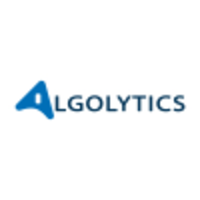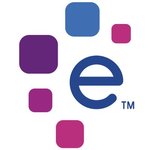What Are The Recent Trends In Data Quality Tools?
Organizations now need data quality technologies to guarantee the consistency, accuracy, and completeness of their data. The need for data quality solutions has grown along with big data and advanced analytics. Consequently, there has been a notable surge in the market for data quality solutions in recent years. The move to real-time data quality management is one of the most notable developments in data quality tools.
Data quality was traditionally addressed by batch operations that involved periodic data checks. However, businesses are already using real-time data quality technologies due to the growing demand for fast and accurate data. These technologies continuously analyze and enhance data quality in real-time using methods including data profiling, data cleansing, and data matching.
The emphasis on self-service features is another trend in data quality tools. This lessens the workload for IT personnel by enabling business users to participate more in data quality monitoring. Business users may complete tasks like data enrichment, data cleansing, and data profiling independently without help from IT thanks to self-service technologies.
This guarantees that the business as a whole bears some of the responsibility for data quality, in addition to expediting the process. In order to enhance their capabilities, data quality tools are also integrating machine learning and artificial intelligence (AI) techniques. By automating data quality processes, these technologies lessen the need for manual labor and the possibility of human error.
Machine learning enables data quality technologies to identify patterns and offer recommendations for data enrichment and cleansing, producing more accurate and effective data. Additionally, cloud-based platforms and data quality solutions are now merging, which makes it simpler for businesses to oversee their data quality procedures. Additionally, scalability and flexibility are made possible by the cloud-based approach, guaranteeing that data quality tools can manage higher data volumes and adjust to shifting business requirements.
Lastly, the development of data quality technologies has also been impacted by the introduction of data governance laws like the General Data Protection Regulation (GDPR). Data quality solutions are an essential part of compliance activities since these requirements demand firms to retain correct and trustworthy data. In conclusion, the increasing significance of timely and correct data in the digital age is reflected in the latest developments in data quality technologies.
Data quality tools are developing to satisfy the shifting demands of enterprises with an emphasis on self-service features, real-time monitoring, cutting-edge technologies, and compliance. When choosing a data quality solution that best meets the demands of your company, it is crucial for buyers to take these trends into account.
Benefits Of Using Data Quality Tools
Regardless of a company's size or sector, data quality is essential. Inaccurate insights, poor decision-making, and eventually financial losses can result from poor data quality. Data quality tools can help with it. These tools are intended to assist organizations in making better data-driven decisions and enhancing the quality of their data. We will go over the advantages of employing data quality technologies and how they can help your company in this buyer's guide.
1. Improved Data Accuracy: This is one of the biggest advantages of employing data quality technologies. These programs detect and remove inaccurate or redundant data using sophisticated algorithms and methodologies. These solutions guarantee that your data is correct and consistent by cleaning and standardizing it, which improves decision-making and yields more trustworthy insights.
2. Saving Time And Money: Manually cleaning and standardizing data can take a lot of time and resources. This procedure is automated with data quality tools, saving you and your team a great deal of time and work. Additionally, it lowers your overall operating costs by doing away with the requirement for manual data verification and the expenses related to data entry errors.
3. Better Data Consistency: Data is gathered from a variety of sources in today's business environment, including websites, social media, and consumer interactions. Consequently, data may be fragmented and inconsistent, making it difficult to obtain a comprehensive picture of your company. In order to guarantee correctness and consistency, data quality solutions can assist in integrating and standardizing data from many sources.
4. Improved Decision-Making: Data quality tools give you clean, trustworthy data to work with by eliminating inaccurate or irrelevant data. Because you have access to precise insights and patterns, you can make smarter decisions as a result. With the help of data quality technologies, you may make decisions based on facts rather than conjecture or intuition.
5. Compliance And Regulatory Requirements: In order to prevent legal risks and penalties, organizations must adhere to the ever-changing data privacy standards. By locating and removing sensitive data that might be against laws like the CCPA or GDPR, data quality solutions can assist you in ensuring compliance. By doing this, your business can avoid expensive legal disputes and reputational harm.
6. Enhanced Productivity And Efficiency: Data quality technologies help your team focus on more important duties by automating data standardization and cleansing procedures, which frees up valuable time. The productivity and efficiency of your staff may be greatly impacted, which will eventually improve the financial performance of your company.
Important Factors To Consider While Purchasing Data Quality Tools?
To make sure you select the finest option for your business needs, there are a number of important considerations to consider when buying data quality products. When buying data quality tools, keep the following points in mind:
1. Data Quality Criteria: Determining your unique data quality criteria is the first step in choosing a data quality technology. This entails knowing what kind of data you must handle, what problems with data quality you are now dealing with, and what procedures for data enrichment and cleansing are essential for your company.
2. Scalability: You should ensure that the data quality instrument you select can accommodate the expansion of your company and the volume of data it contains. Seek out an efficient solution that can readily handle greater data sets and is scalable.
3. Data Integration: The data quality tool's compatibility with your current systems and data sources must be taken into account. To guarantee simple data transfer and compatibility, look for technologies that provide a variety of data integration options, including file formats, APIs, and connectors.
4. Accuracy And Efficiency: It is important to assess the accuracy and efficiency of the tools you are evaluating because the purpose of data quality tools is to increase the accuracy of your data. Seek out solutions that provide highly accurate and efficient data profiling, data cleaning, and data enrichment capabilities.
5. User-Friendly Interface: Even for non-technical users, the data quality tool should be simple to use and intuitive. This will make it more likely that everyone on your team will comprehend and be able to use the product efficiently.
6. Customization And Flexibility: Since every company has different demands when it comes to data quality, it's critical to choose a solution that can be tailored to your particular requirements. To adapt them to your business procedures, look for tools that are flexible and customizable.
7. Technical Help: When utilizing any software, especially data quality tools, having trustworthy technical help is essential. To make sure that any problems or concerns can be resolved quickly, look for providers who provide extensive technical support options, including email, phone, and live chat.
8. Cost: Finally, take into account both the price of the data quality instrument and your budget. Although it could seem alluring to go with the least expensive alternative, keep in mind that quality has a cost. Select a tool that provides the best value for your money by taking into account the value it will provide to your company. You can make an informed choice and select a product that fits your business needs and improves data quality by keeping these crucial considerations in mind when you buy data quality tools.
What Are The Key Features To Look For In Data Quality Tools?
Any firm must have high-quality data since incomplete or erroneous data can result in poor business decisions and revenue loss. This is where data quality tools are useful since they assist companies in making sure that their data is accurate, comprehensive, and consistent. However, choosing the best data quality solution for their company can be overwhelming for customers due to the abundance of options on the market. What are the essential characteristics of data quality tools, then? Let's explore and discover.
1. Data Profiling And Analysis: A data quality tool's capacity to carry out data profiling and analysis should be its top priority. This entails evaluating the structure, format, completeness, and consistency of the data in order to assess its quality. This will assist you in determining the general health of your data and locating any problems.
2. Data Cleaning And Standardization: Data cleaning and standardization should be capabilities of data quality technologies. This entails standardizing data formats and values in addition to locating and eliminating redundant or erroneous data. Making informed business decisions requires precise and consistent data, which is ensured by this.
3. Data Enrichment: Data quality systems should be able to enhance data in addition to standardizing and cleaning it. This entails completing incomplete data or adding missing data elements. You may improve the general quality of your data and learn more about your clients using data enrichment.
4. Data Integration: Having a data quality solution that can integrate with several data sources is crucial in today's data-driven environment. In addition to guaranteeing data consistency, this also saves time and effort when manually combining disparate data sets. Choose a tool that will work well with the systems and procedures you already have in place.
5. Data Monitoring And Management: This is yet another important aspect to take into account. Real-time monitoring of data quality metrics and mistake or anomaly warnings are essential features of an effective data quality technology. To assist you preserve the quality of your data over time, it should also offer data management features like data governance, data lineage, and data security.
6. Data Visualization And Reporting: These two features are essential for data quality technologies. This makes it simpler to spot trends and insights by enabling users to evaluate and display data in an aesthetically pleasing manner. Seek out solutions that have dashboards and reporting features that may be altered to suit your unique business requirements.
7. Scalability And Adaptability: Finally, take into account the data quality tool's scalability and adaptability. Your data will expand along with your business. Verify that the tool you select can manage high data volumes and is adaptable enough to change with your changing data requirements.
Why Do Businesses Need Data Quality Tools?
The quality and integrity of your data can make or break your performance in today's data-driven business environment. It is impossible to overestimate the significance of high-quality data because it serves as the basis for important company choices and procedures. However, manually monitoring data quality is a laborious and error-prone operation due to the growing volume and complexity of data. Tools for data quality are useful in this situation.
These instruments are especially made to assist companies in guaranteeing the precision, comprehensiveness, consistency, and dependability of their data. Data quality solutions can find and fix any mistakes, inconsistencies, or duplicate data in your datasets by employing sophisticated algorithms and cleansing methods. However, why are data quality technologies necessary for businesses? The solution is straightforward: to obtain a competitive advantage, enhance decision-making, adhere to legal requirements, and increase overall operational effectiveness.
Numerous advantages provided by data quality products directly support a company's expansion and success. First of all, these technologies give you a thorough overview of your data, enabling you to spot any mistakes or inconsistencies that can have an impact on your business procedures. Making better decisions results from being able to rely on the data's accuracy and making better decisions.
Furthermore, data quality technologies can assist companies in meeting legal obligations like GDPR and HIPAA. Businesses who violate these rules risk severe fines for failing to retain accurate and secure data. Businesses can guarantee compliance and stay out of trouble by utilizing data quality technologies. Additionally, data quality tools can improve a company's overall operational effectiveness.
These tools save time and money by identifying and fixing data issues, which would normally need manual data cleansing. This enables companies to increase their overall output by concentrating on more fruitful jobs.
Last but not least, data quality tools encourage stakeholders and clients to have faith in your data. Businesses may create more accurate reports, projections, and insights with the use of trustworthy data, which will improve customer experiences and, eventually, boost customer happiness and loyalty.
Conclusion
To sum up, every business hoping to increase the precision, comprehensiveness, and consistency of its data must invest in data quality solutions. These solutions make it simpler for businesses to find and fix data mistakes by providing a wide range of features and functionalities that address certain data quality challenges. The particular requirements and objectives of your company should be taken into account when selecting a data quality instrument.
You can select a tool that fits your needs and budget by carrying out in-depth study and weighing your possibilities. Furthermore, it is advised to use products with an easy-to-use interface and a strong support network. This will guarantee that your staff can use the product efficiently and with ease, and that they can get help when they need it. Recall that maintaining data quality necessitates constant observation and enhancement.
As a result, it's critical to select a solution that can expand and change with your company and offers frequent upgrades. Significant cost savings, better decision-making, and increased customer satisfaction can result from investing in data quality solutions. Businesses may increase data accuracy and boost overall performance and success by selecting the appropriate technology and using it efficiently.





